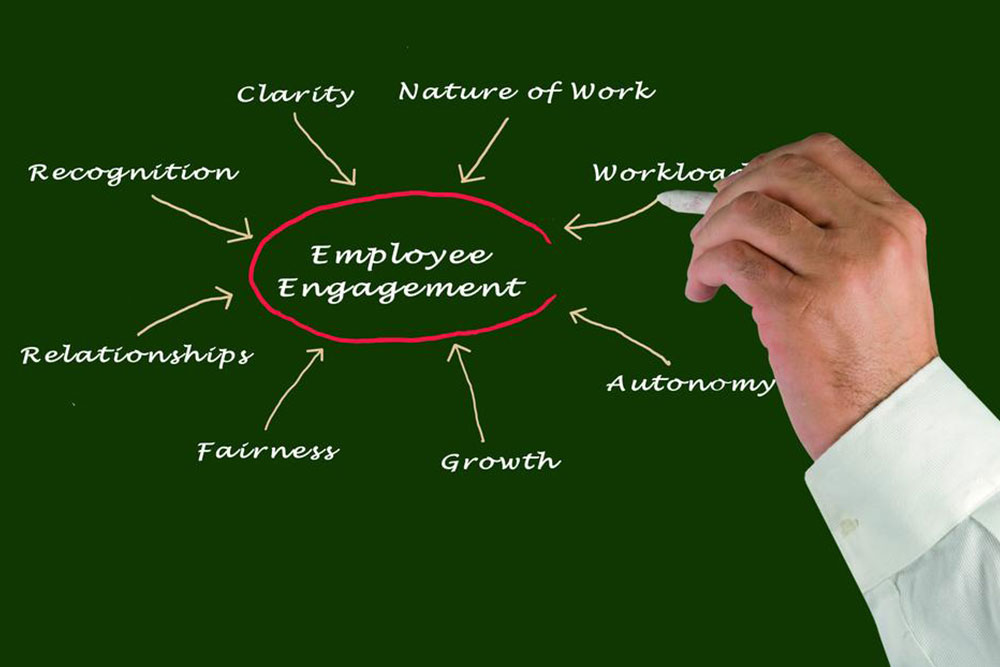Essential Guide to Employee Compensation Management
This article explains the fundamentals of employee compensation management, highlighting HR's role in payroll, data security, outsourcing options, and maintaining employee records. It emphasizes the importance of HR in ensuring efficient, confidential, and compliant payroll services, crucial for organizational success.

Essential Guide to Employee Compensation Management
Every business implements a payroll system managed by the Human Resources (HR) team. HR is responsible for recruitment, termination, employee well-being, and payroll administration. The payroll system is tailored to handle employees' salary processing and related inquiries. These services are accessible both in person and online. Each employee has a dedicated payroll dashboard accessible via internet and intranet links, ensuring secure and exclusive access to personal compensation information.
Key Elements of Employee Compensation
Employee compensation includes various items such as performance reports, salary increase letters, tax declarations, and more.
All employee data is regularly verified and securely maintained to ensure confidentiality. Access is restricted to protect individual privacy, preventing public viewing of sensitive information.
How Compensation Systems Operate
HR departments may outsource payroll management to reduce costs or for strategic reasons. This outsourcing involves a formal transfer of knowledge and signing agreements, which typically include non-disclosure clauses, payment schedules, payout dates, and tax processing protocols. Additionally, employee records are often retained even after separation, for purposes like references for future roles, employment verification, and feedback collection.
Maintaining a database of former employees helps in contacting top performers for new opportunities. It also supports background checks and reference processes.
Role of HR in Compensation Management
HR is the core of any organization, responsible for overseeing employee needs and compliance with regulations. In companies with more than 10 staff members, HR is mandatory to ensure employee support and operational efficiency. HR’s role includes addressing payroll-related questions such as tax filings, investment declarations, and salary adjustments. Efficient HR service delivery ensures timely actions and confidential handling of employee data, particularly related to remuneration and benefits.
Note:
This blog provides broad insights across various topics, supported by research and factual data. Readers should consider this information as general guidance, not absolute or comprehensive. We are not responsible for discrepancies or inaccuracies. Also, some schemes or offers relevant to individual circumstances may not be included.










